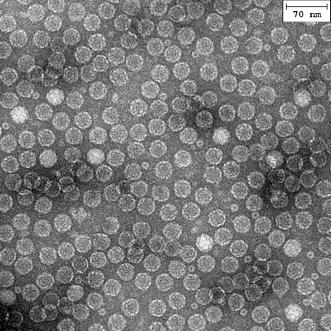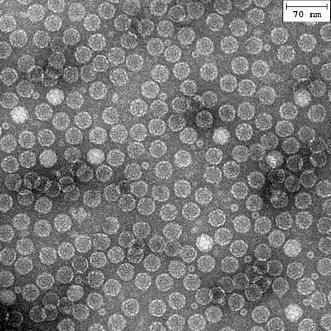
Credit: Emilyn Matsumura
Researchers at the Boyce Thompson Institute (BTI), the University of Minnesota, the University of California, Davis, and Iowa State University have received a four-year $10.3 million award to engineer insect-vectored viruses to express genes in maize that can help in combatting disease, drought, and other yield-reducing stresses.
The research project, titled Viruses and Insects as Plant Enhancement Resources (VIPER), is supported by the Defense Advanced Research Projects Agency (DARPA) Insect Allies program. "The vision of Blake Bextine, a program manager at DARPA, was to develop insect-vectored viruses that can be used to modify crop plants to respond to emerging threats in real time," according to Georg Jander, VIPER Project Leader and BTI professor. "We responded to this challenge by proposing to engineer maize viruses, aphids, and leafhoppers such that they can be deployed rapidly to change gene expression in mature maize plants."
The productivity of maize, the most economically important crop in the United States, can be negatively impacted by insect pests, drought, and other environmental stresses. About 30% of maize productivity world-wide is lost to pests and pathogens, and drought can lead to complete crop failure.
Although classical breeding is commonly used to improve maize, the process is slow and breeders often are unable to respond quickly enough to new threats. Other responses to biotic and abiotic threats, including the use of chemical pesticides and irrigation, can be expensive, inefficient, or cause unwanted environmental damage.
Together, the VIPER team will engineer viruses that activate desirable traits in mature maize plants, insects that efficiently transmit these viruses, and mechanisms to prevent the unwanted spread of the viruses and insects to non-target plants. The project brings together seven scientists with diverse areas of expertise: Bryce Falk (UC Davis), W. Allen Miller (Iowa State University), and Steve Whitham (Iowa State University) investigate different types of plant viruses; S.P. Dinesh-Kumar (UC Davis) and Dan Voytas (University of Minnesota) are leaders in the field of site-directed mutagenesis and plant genome engineering; and Clare Casteel (UC Davis) and Jander are experts in studying plant-insect interactions.
Although the ultimate goal is to develop viruses that can be used to transiently modify mature maize plants in agricultural fields, it is important to note that VIPER is focused on solving fundamental scientific questions of feasibility and all of the current work will be done in greenhouses and growth chambers. No genetically engineered viruses, insects, or plants will be released into the environment as part of this study.
"The biggest impact of the VIPER project will be the development of a toolkit to rapidly counter sporadic and emerging threats to this valuable crop," said Jander. The methods developed by the VIPER team also will be useful for basic and applied maize research, and eventually may be deployed in a similar manner for other important crop plants.
###
Writer: Marissa Zuckerman, [email protected] (607-254-7476)
Media Relations Contact:Keith Hannon (607-254-4253) ([email protected]).
Communications Office
Boyce Thompson Institute
533 Tower Road
Ithaca, New York 14853 USA
To learn more about Boyce Thompson Institute (BTI) research, visit the BTI website.
Connect online with BTI at Facebook and Twitter.
About Boyce Thompson Institute:
Boyce Thompson Institute is a premier life sciences research institution located in Ithaca, New York on the Cornell University campus. BTI scientists conduct investigations into fundamental plant and life sciences research with the goals of increasing food security, improving environmental sustainability in agriculture and making basic discoveries that will enhance human health. Throughout this work, BTI is committed to inspiring and educating students and to providing advanced training for the next generation of scientists. For more information, visit http://www.bti.cornell.edu.
Media Contact
Marissa Zuckerman
[email protected]
@BTIscience
http://bti.cornell.edu
Original Source
https://btiscience.org/explore-bti/news/post/bti-receives-darpa-insect-allies-award-to-develop-viruses-and-insects-for-maize-improvement/





